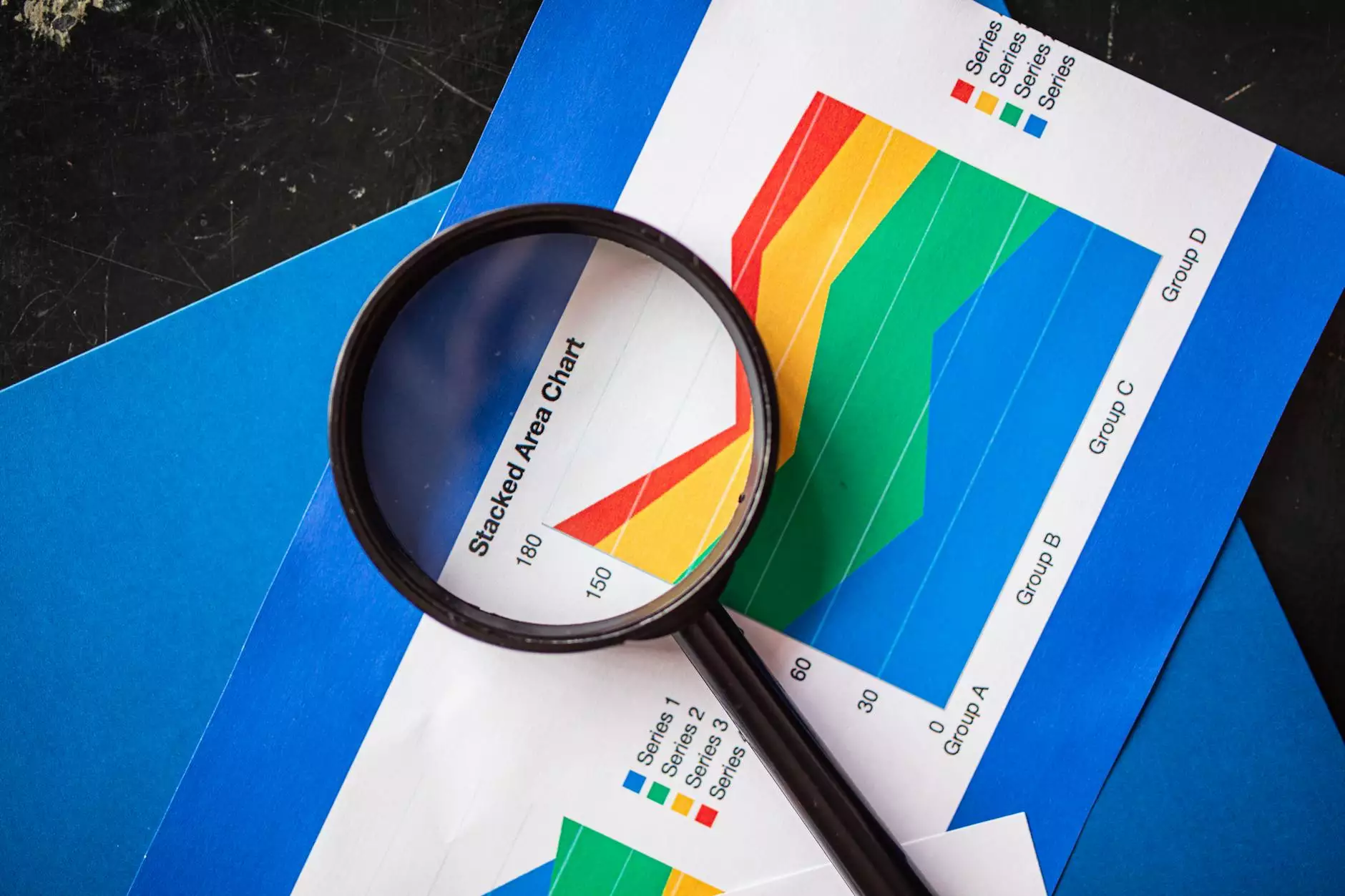Emergency Fund—How Much Should You Save?

Introduction
Welcome to Life Designers, the premier consulting and coaching company specializing in life design and money management. In this article, we will explore the importance of an emergency fund and guide you on how much you should save to secure your financial well-being.
Why is an Emergency Fund Essential?
Having an emergency fund is crucial for financial stability and peace of mind. Life is full of unexpected events such as sudden job loss, medical emergencies, or unexpected home repairs. Without a safety net in the form of an emergency fund, these unforeseen circumstances can quickly lead to financial hardship and stress.
The Benefits of Building an Emergency Fund
1. Financial Security: An emergency fund provides a financial cushion in times of crisis, allowing you to cover essential expenses without relying on credit cards or loans. 2. Reduced Stress: Knowing that you have savings to tackle unexpected situations alleviates anxiety and stress associated with financial uncertainties. 3. Freedom: An emergency fund gives you the freedom to make choices without worrying about how you will manage if unexpected expenses arise.
How Much Should You Save?
Determining the ideal amount to save for your emergency fund depends on various factors, including your monthly expenses, income stability, and risk tolerance. While there is no one-size-fits-all answer, experts generally recommend saving at least three to six months' worth of living expenses.
Calculating Your Emergency Fund Target
To calculate your specific emergency fund target, follow these steps:
- Assess Your Monthly Expenses: Make a list of all essential expenses, including rent/mortgage, utilities, groceries, insurance, and debt payments.
- Calculate Your Monthly Income: Determine your net monthly income after taxes and other deductions.
- Consider Your Job Stability: If you have a stable job with a steady income, saving three months' worth of living expenses may be sufficient. However, if your income is irregular or uncertain, aim for six months or more.
- Evaluate Your Risk Tolerance: Take into account any potential health issues or other factors that may increase the need for a larger emergency fund.
- Save Consistently: Set a realistic savings goal and commit to saving a portion of your income regularly until you reach your target.
Where should you keep your emergency fund?
While accessibility is essential, it's also crucial to keep your emergency fund separate from your everyday savings or checking account. Consider opening a high-yield savings account or a money market account to earn a competitive interest rate while keeping your funds easily accessible when needed.
Replenishing Your Emergency Fund
Once you've built your emergency fund, it's important to replenish it after using it for unexpected expenses. Treat your emergency fund as a priority and make additional contributions whenever possible to maintain its balance.
Conclusion
In conclusion, having an adequate emergency fund is a crucial component of sound financial planning. Life Designers, as a leading company offering life design consulting and coaching services, stresses the importance of creating and maintaining an emergency fund tailored to your specific needs. By following our guidelines and saving diligently, you can ensure financial stability and peace of mind during uncertain times.









